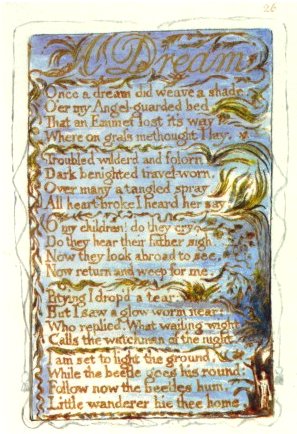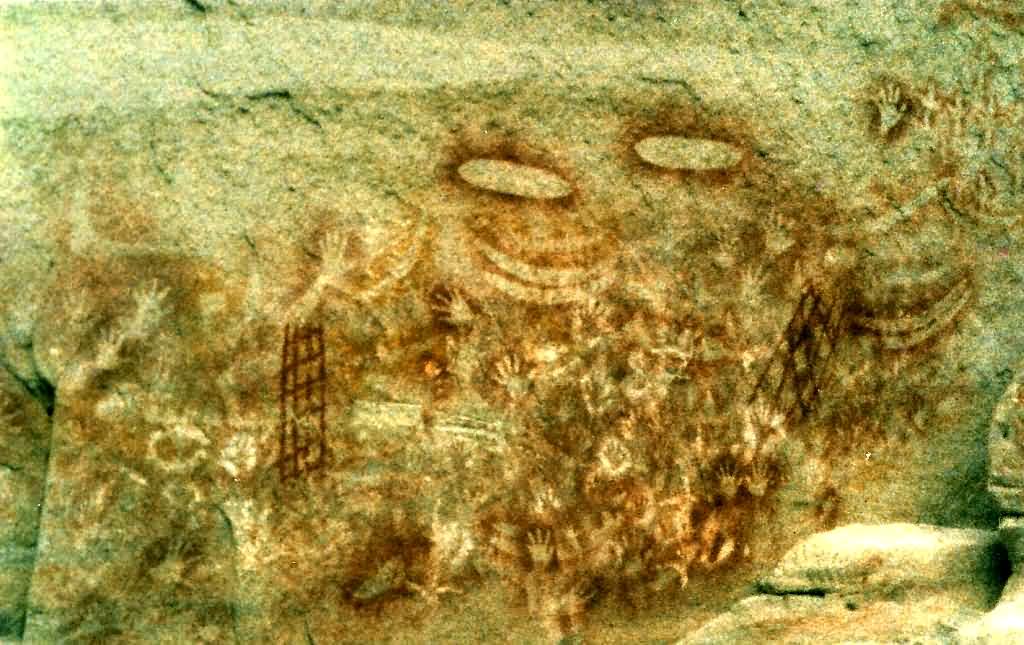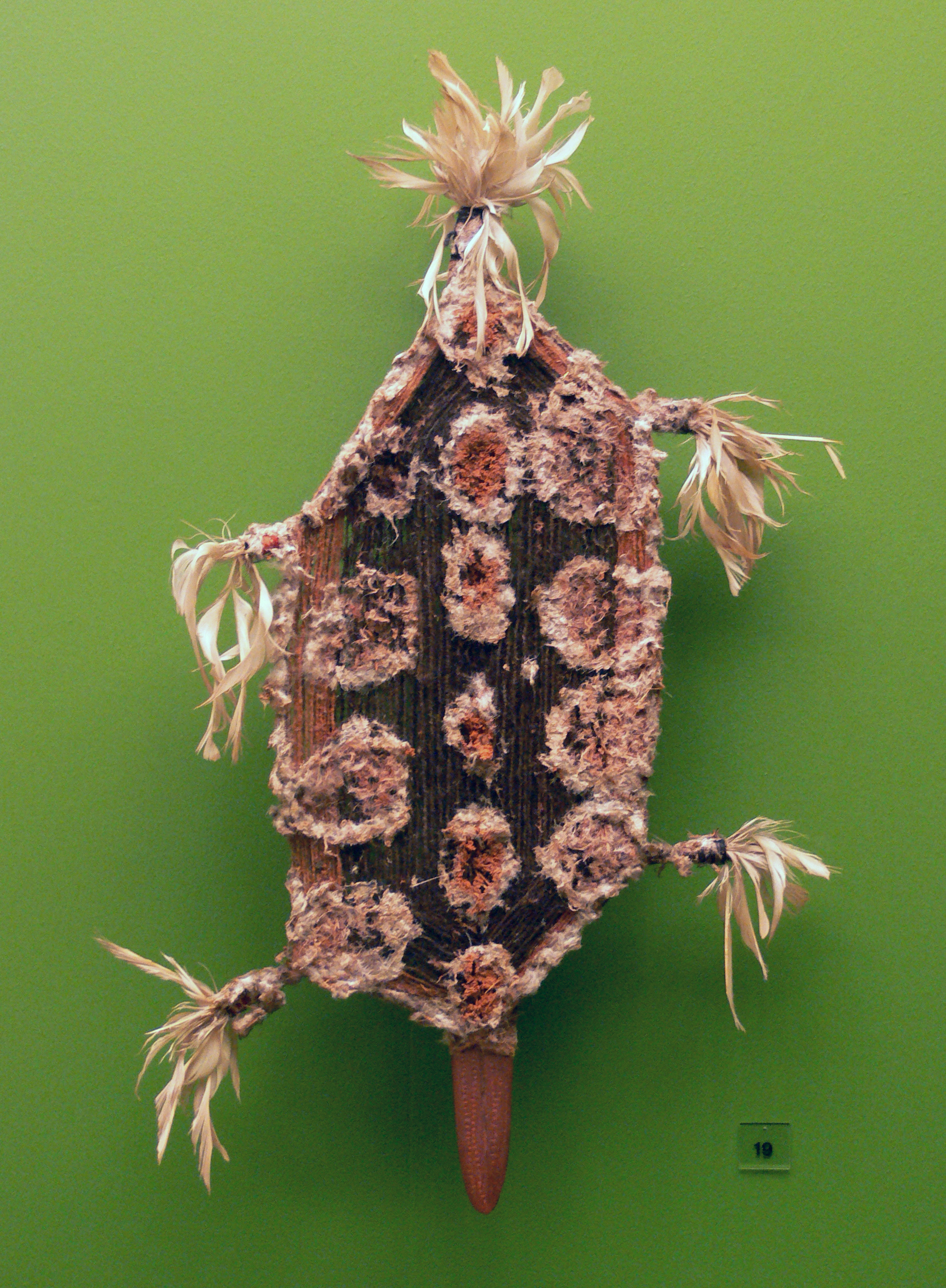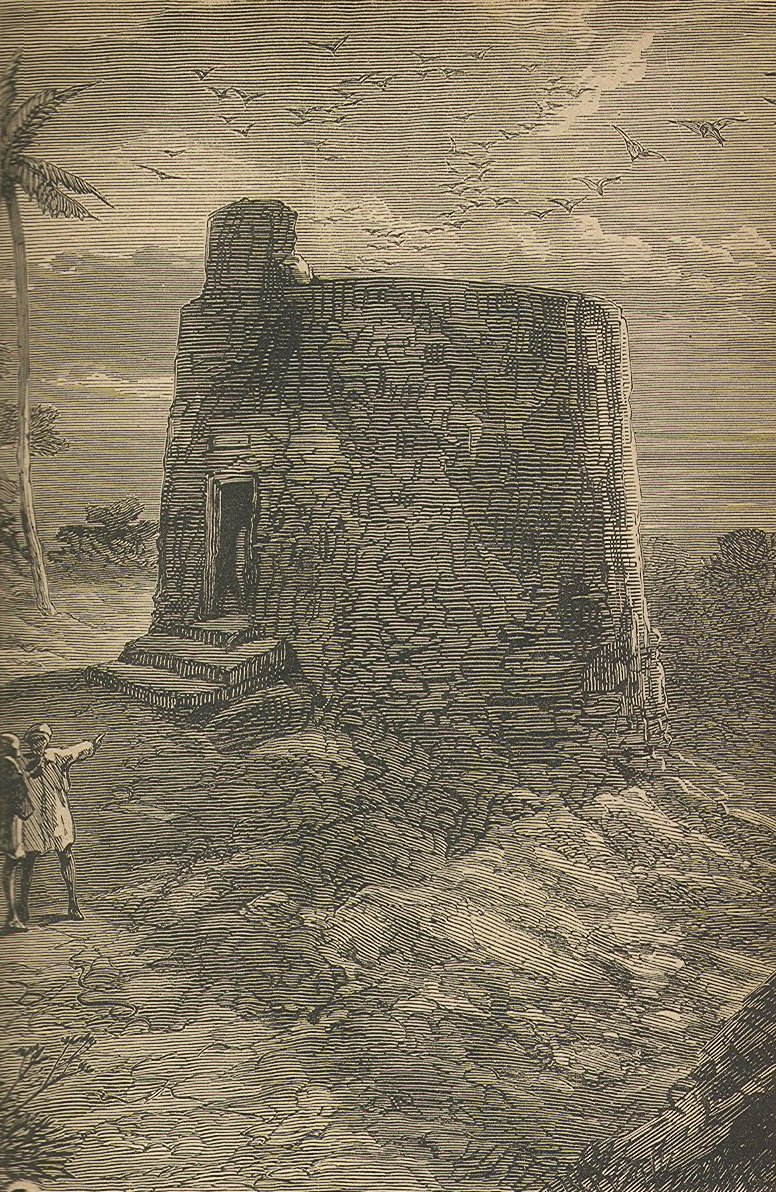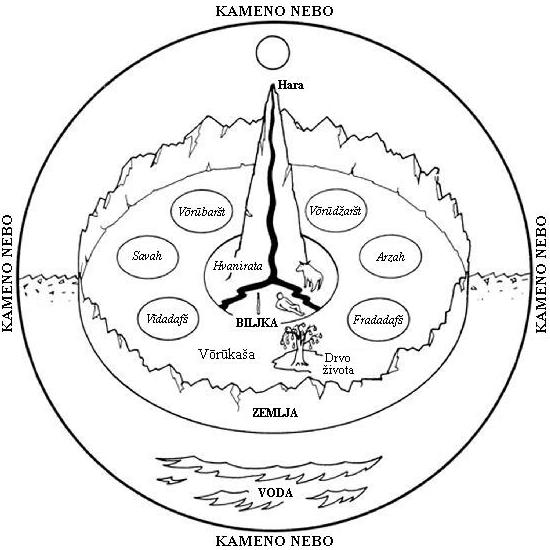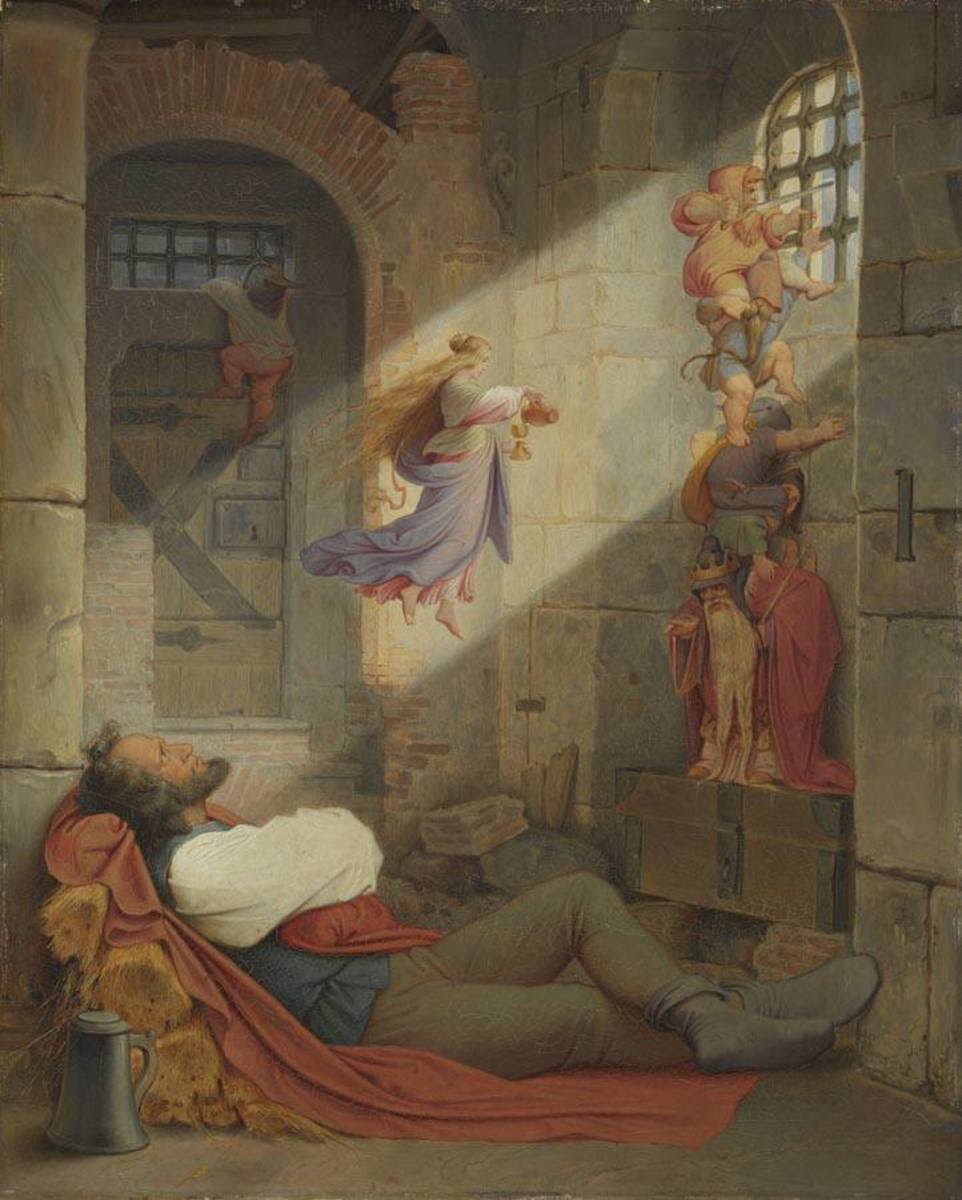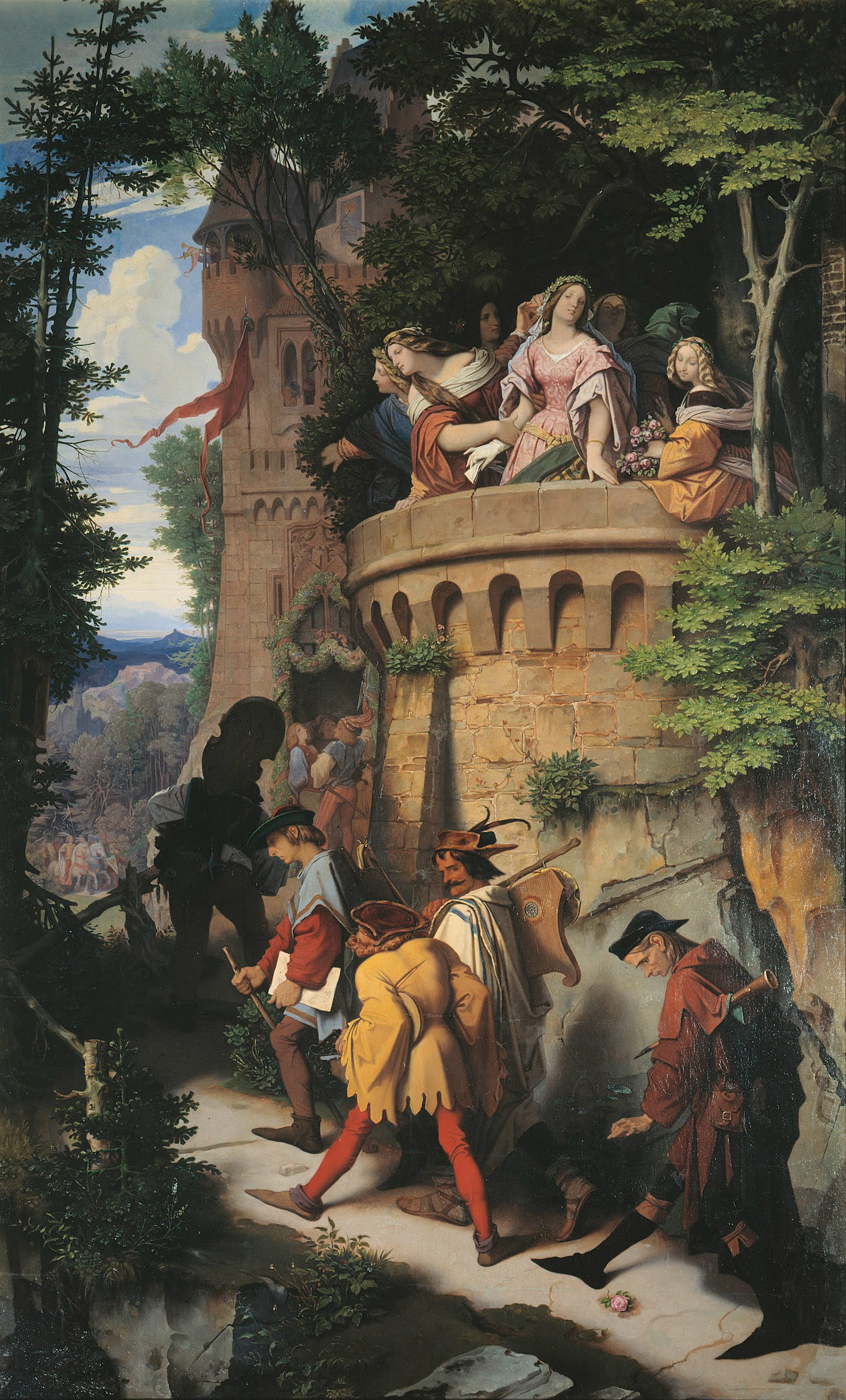 |
| Camping on the prairie by Paul Kane Scene shows the artist with a Metis guide en route to the Buffalo Hunt |
This is my first read into Marilyn Dumont's work. A Cree/Metis poet, who is widely celebrated as a must-read in contemporary Canadian literature. Her words are bittersweet, and do not say too much. She uses language for its brevity and with singular pausing, announces the mystic inclination to wonder with a sad grace. One can easily and cathartically empty their mind of doubt when reading page after page of brilliant humility. Her self-knowledge is evident as she prints words into the mind of a page with the delicate necessity of breath.
I read this book from cover to cover in one sitting as welcomingly as opening my door to a new friend. Now, I'm looking forward to welcoming, "that tongued belonging" her latest work.
I heard of Marilyn Dumont through Black Coffee Poet, who interviewed her for Indigenous Sovereignty Week
_________
Entering the distant cottage, there is tranquility. Mindful,
the air is welcoming. It is a refuge for Aboriginal intellectuals. A group of
women converse softly over tea as I wander the grounds. In the backyard, a
lively, well-kept garden is lush with Canadian summer vegetables and medicinal
herbs. The light hangs slowly from the deep, curling cloudscapes in the wide,
Midwestern expanse.
 |
| Battle of Duck Lake |
Overlooking the property hill, a bustling cruelty unearths
the dry heave crime of migratory blindness, as settler compunction fills the
writhing horizon with a crooked smile. Endless houses, misshapen and identical,
curve along the wasted prairie hills, and there is only a dim emanation of
life. As I stare into the perfectly reflecting window of the cottage, an aural
wisdom speaks in silence, carrying my body to the comfort of our Mother’s home:
land.
________
Holy RopeHoly rope glean
Setting off the executioner’s raffle
In a dream state, turning the mind
To a pentatonic, indigenous scale
To the antique buzz in our lonely natural surroundings
That prepares a decadent life
Amidst the misty hilltop laughter
That echoes in the contemplative breath on high


